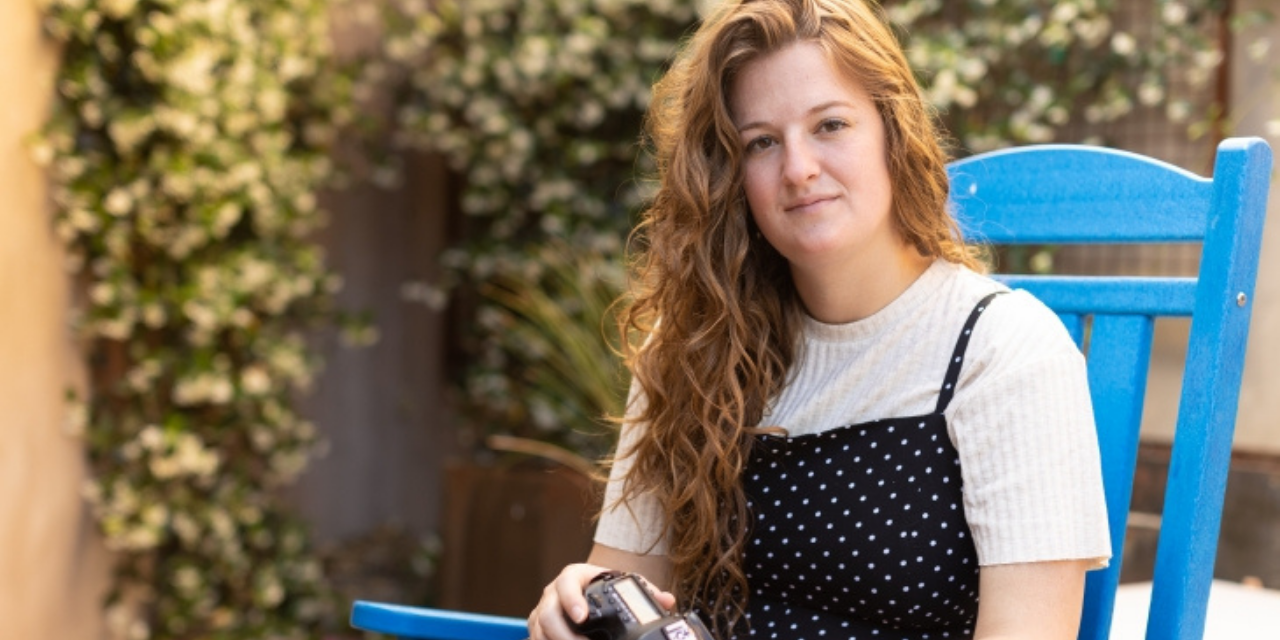Social engineering by courts in the name of “equality” has once again reared its ugly head, this time in New York. Emilee Carpenter is a wedding photographer and a Christian who wants to use her creative skills to promote biblical marriages between one man and one woman. A New York law stands in her way, threatening a revocation of her business license, fines of up to $100,000 and up to one year in jail if she does not photograph weddings of same-sex couples in violation of her faith.
A federal court judge has denied Carpenter’s First Amendment challenge to the law, invoking flowery language from the Declaration of Independence and famous civil rights cases to justify the denial of her freedoms of speech and religion.
“Throughout our history, Americans have struggled and suffered in order to extend that principle of equality to the excluded, armed with the belief that our society should fully reflect our most cherished values,” U.S. District Judge Frank Geraci, Jr wrote in his 46-page opinion. “The Supreme Court’s landmark decisions memorialize the necessary, but oftentimes painful, process of reconciling our values and our practices.”
But what about the Constitution’s guarantees of religious freedom and freedom of speech? And being free from government-coerced speech? Don’t those guarantees trump the feelings of folks who can easily find another photographer among the thousands available?
Carpenter simply wants to inform people on her website of her beliefs about marriage so that they’ll understand why she cannot use her skills to promote types of unions that go contrary to her faith. She’ll gladly offer her photography services to LGBT customers so long as they are not for a wedding.
The law prohibits that as well, the judge said.
“In this case, Plaintiff seeks to post a statement advertising the fact that she will not photograph same-sex weddings, and she wishes to make similar statements directly to prospective clients,” Geraci wrote. “But it is unlawful for Plaintiff to discriminate on that basis, so New York may permissibly prohibit Plaintiff from advertising that ‘unlawful activity.’”
Carpenter is represented by attorneys with Alliance Defending Freedom (ADF), who are also representing a Denver wedding photographer named Lorie Smith, doing business as 303 Creative LLC, in an almost identical predicament resulting from a Colorado nondiscrimination law. The Denver case has now been appealed to the United States Supreme Court, which has not yet decided whether to accept it for hearing or not.
In a press release, ADF Senior Counsel Jonathan Scruggs drew parallels between the two cases.
“The court’s decision continues down a dangerous path of the government compelling artists to speak messages that violate their religious beliefs—or imposing steep fines, closing their businesses, or throwing them in jail,” said Scruggs. “Artists like Emilee and Lorie Smith in Colorado are protected under the Constitution to freely live and work according to their religious beliefs.
Yet the 10th Circuit’s Orwellian decision in 303 Creative v. Elenis opened the door for government officials to compel all manner of speech—forcing total compliance of state-approved speech or be treated as criminals. Emilee and Lorie happily serve all people; they just cannot promote messages that contradict their religious beliefs, including their views on marriage. We earnestly hope the Supreme Court will hear Lorie’s case and protect the constitutional freedoms for all Americans, including creative professionals like Lorie and Emilee.”
Both of these cases involving photographers pick up where the limited scope of the Supreme Court’s opinion in Masterpiece Cakeshop v. Colorado Civil Rights Commission left off. Masterpiece held that hostility from the Commission violated baker Jack Phillips’ freedom of religion, but it did not rule on Jack’s rights under the First Amendment to choose what messages he desired to promote with his creative talents.
If the Supreme Court chooses to accept 303 Creative, hopefully we’ll see a decision that protects wedding photographers like Lorie Smith and Emilee Carpenter and other Christians in the creative world against government-compelled behavior and speech that tramples First Amendment freedoms while masquerading as “equality.”
Related:
Photo from ADF.






